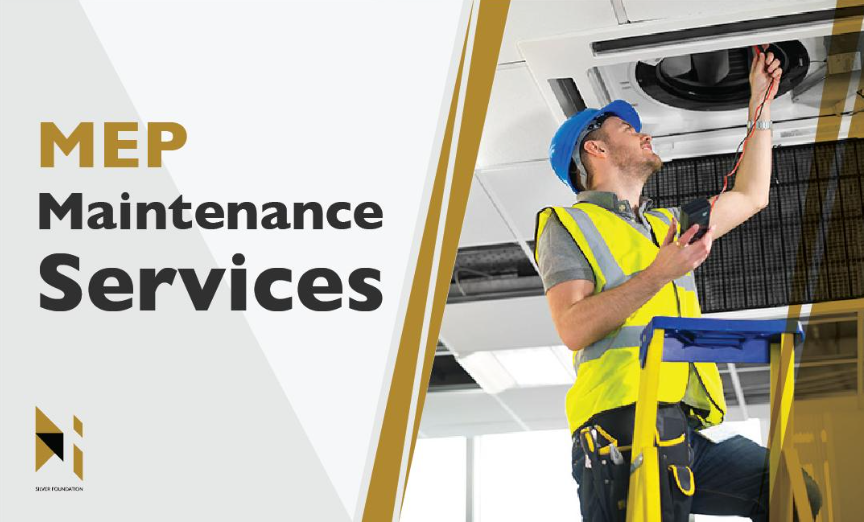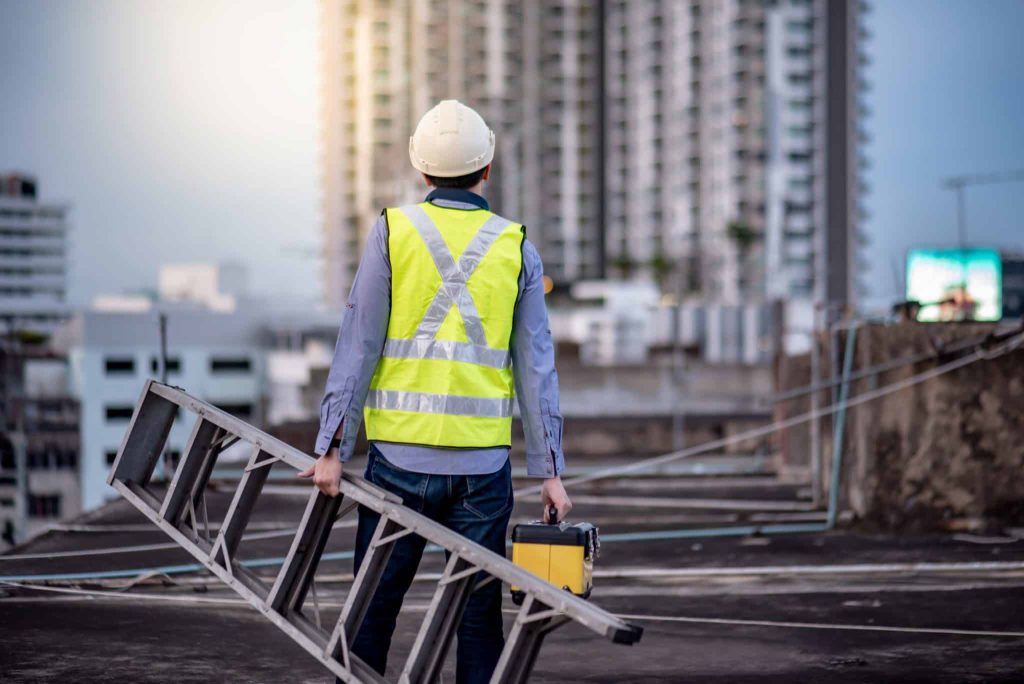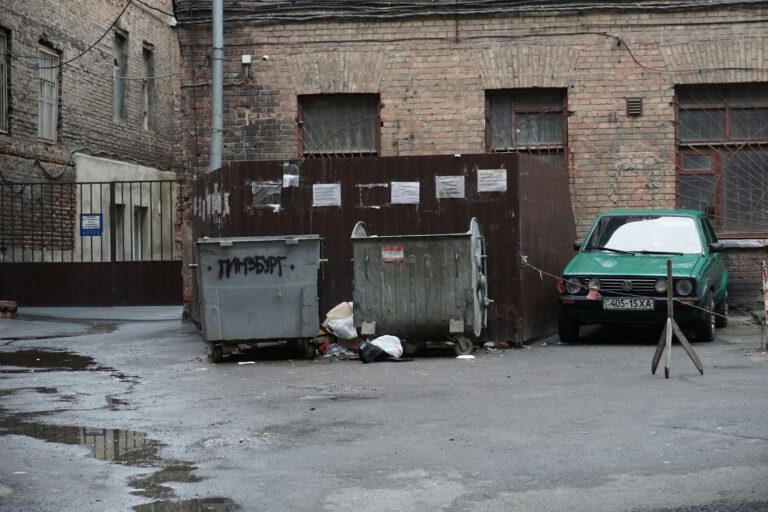
In Saudi Arabia, maintenance services play a vital role in keeping buildings, infrastructure, and equipment running smoothly. Whether it’s ensuring the safety of residents in residential complexes or optimizing the efficiency of industrial machinery, maintenance services are crucial for sustaining operations across various sectors. Let’s delve deeper into what maintenance services entail in Saudi Arabia and why they are essential.
Understanding Maintenance Services:
Maintenance services encompass a range of activities aimed at preserving the functionality, reliability, and safety of assets. These assets can include buildings, roads, electrical systems, plumbing, HVAC (heating, ventilation, and air conditioning) systems, and machinery. The primary goal of maintenance services is to prevent breakdowns, prolong the lifespan of equipment, and minimize disruptions to daily operations.
Types of Maintenance Services:
In Saudi Arabia, maintenance services are categorized into different types:
1. Preventive Maintenance: This involves routine inspections, cleaning, lubrication, and adjustments to equipment to prevent potential failures before they occur. Preventive maintenance helps in identifying and addressing minor issues before they escalate into major problems, thus reducing downtime and repair costs.
2. Corrective Maintenance: Also known as reactive maintenance, corrective maintenance involves repairing equipment or infrastructure after a breakdown or failure. While preventive maintenance aims to prevent failures, corrective maintenance focuses on restoring functionality promptly to minimize disruptions.
3. Predictive Maintenance: Predictive maintenance relies on data analysis and condition monitoring techniques to predict when equipment is likely to fail. By identifying early warning signs of potential issues, maintenance professionals can schedule repairs or replacements proactively, optimizing asset performance and minimizing unplanned downtime.
4. Emergency Maintenance: In urgent situations where equipment failure poses immediate risks to safety or operations, emergency maintenance services are deployed. These services aim to address critical issues promptly to prevent further damage or hazards.

Importance of Maintenance Services in Saudi Arabia:
Maintenance services are indispensable for several reasons:
1. Ensuring Safety: Regular maintenance of buildings, infrastructure, and equipment is essential for ensuring the safety of occupants and the public. By identifying and addressing safety hazards promptly, maintenance services contribute to creating a secure environment for residents, workers, and visitors.
2. Enhancing Efficiency: Well-maintained equipment operates more efficiently, consuming less energy and resources. In industries such as manufacturing, proper maintenance of machinery can lead to increased productivity, reduced downtime, and higher quality output.
3. Cost Savings: Investing in maintenance services can result in significant cost savings in the long run. Preventive maintenance helps in avoiding expensive repairs and replacements by addressing issues before they escalate. Moreover, efficient equipment consumes fewer resources, leading to reduced operating costs.
4. Preserving Assets: Proper maintenance prolongs the lifespan of buildings, infrastructure, and equipment, preserving their value over time. By protecting assets from premature deterioration, maintenance services contribute to maximizing return on investment and avoiding premature capital expenditures.
5. Compliance with Regulations: In Saudi Arabia, there are regulations and standards governing the maintenance of various facilities, particularly in sectors such as healthcare, education, and industrial safety. Adhering to these regulations is essential for legal compliance and avoiding penalties.
Challenges in Maintenance Services:
Despite the importance of maintenance services, several challenges exist:
1. Resource Constraints: Limited budgets, manpower shortages, and access to specialized skills can hinder the delivery of effective maintenance services, particularly in remote or underserved areas.
2. Technological Complexity: With advancements in technology, maintaining modern equipment and facilities requires specialized knowledge and training. Keeping up with evolving technologies can be challenging for maintenance professionals.
3. Asset Management: Managing a large portfolio of assets efficiently requires robust asset management systems and strategies. Without proper asset tracking and prioritization, maintenance efforts may be inefficient or ineffective.
4. Environmental Sustainability: Balancing the need for maintenance with environmental sustainability goals can be a challenge. Using environmentally friendly maintenance practices and optimizing resource utilization is essential for minimizing environmental impact.
Future Trends in Maintenance Services:
Looking ahead, several trends are shaping the future of maintenance services in Saudi Arabia:
1. Digitalization: The adoption of digital technologies such as IoT (Internet of Things), predictive analytics, and CMMS (Computerized Maintenance Management Systems) is transforming maintenance practices. Real-time monitoring, predictive maintenance algorithms, and data-driven decision-making are becoming increasingly prevalent.
2. Remote Monitoring and Diagnostics: Remote monitoring technologies enable maintenance teams to monitor equipment performance and diagnose issues from a distance. This allows for proactive maintenance planning and reduces the need for physical inspections.
3. Sustainable Practices: There is growing emphasis on sustainability in maintenance operations, including energy-efficient practices, waste reduction, and green building initiatives. Sustainable maintenance not only reduces environmental impact but also contributes to cost savings and regulatory compliance.
4. Outsourcing and Partnerships: Organizations are increasingly outsourcing maintenance activities to specialized service providers or forming strategic partnerships with maintenance companies. This trend allows businesses to focus on their core competencies while leveraging the expertise of external providers.
Conclusion:
Maintenance services are essential for ensuring the reliability, safety, and efficiency of buildings, infrastructure, and equipment in Saudi Arabia. By adopting preventive, corrective, predictive, and emergency maintenance strategies, organizations can minimize downtime, enhance asset performance, and achieve cost savings. Embracing digitalization, sustainability, and strategic partnerships will be key to meeting the evolving demands of maintenance in the Kingdom. As Saudi Arabia continues to develop and modernize, effective maintenance services will play a crucial role in sustaining growth and enhancing quality of life for its residents.





